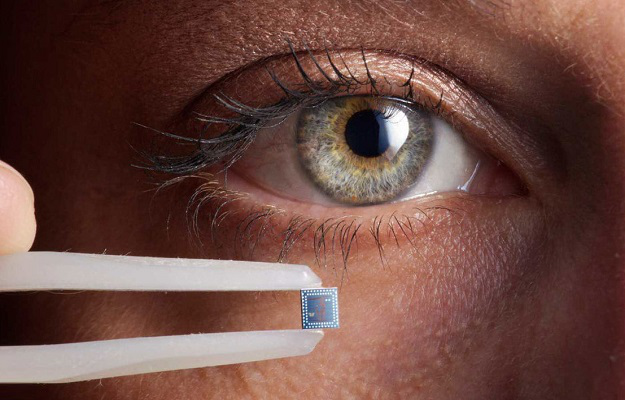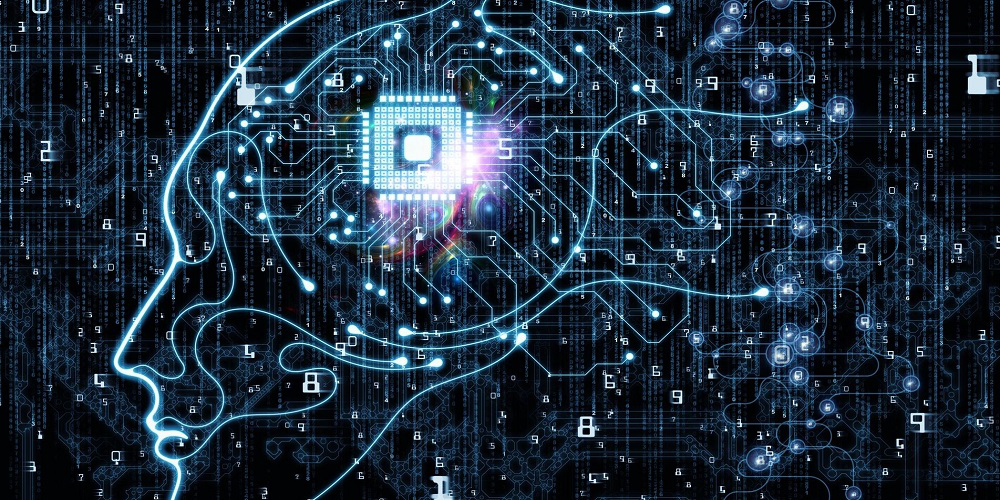What is microchipping?

Human microchipping technologies are becoming an increasingly discussed topic in the modern world. On the one hand, they offer new unlimited possibilities and conveniences, on the other hand, they raise concerns about privacy and ethical aspects. Human microchipping involves implanting small microchips under the skin, which can perform a variety of functions: from storing medical information to providing access to buildings. These microchips work on the basis of RFID (Radio Frequency Identification) technology or NFC (Near Field Communication), allowing data to be transmitted over short distances.
New opportunities
Improving medical care
One of the key areas of application of microchipping is medicine. Implanted microchips can contain a patient’s complete medical history, providing prompt access to important information in emergency situations. This can significantly reduce diagnostic time and improve the quality of medical care.
Increasing safety
Chipping can improve safety in the workplace and in everyday life. Microchips can be used to control access to buildings and quickly log in to casino tournaments joka-casino-online.com, eliminating the risk of losing or stealing keys and access cards. This is especially important for facilities with increased security requirements.
Convenience in everyday life
Microchips can replace many physical objects, such as bank cards, house and car keys, and travel tickets. This simplifies everyday transactions and reduces the number of items you need to carry.

Potential risks
Privacy threat
One of the main concerns associated with microchipping is the threat to privacy. Implanted microchips can be used to track movements and collect personal information without a person’s knowledge or consent. This raises concerns about possible abuse of data.
Ethical issues
Chipping people raises many ethical issues. The issues of voluntariness, control over one’s own body, and the possibility of being forced to chip cause heated debate among experts and the public. It is important that the introduction of such technologies be accompanied by strict ethical standards and a legislative framework.
Technical issues and vulnerabilities
Like any technology, microchips are subject to technical failures and hacker attacks. The possibility of microchips being hacked and data being stolen poses a serious threat, especially if this data includes confidential information.
The future of microchipping
The future of microchipping people depends on how society and the law will react to these technologies. It is important to ensure a balance between innovation and the protection of human rights and freedoms. The development and implementation of reliable security systems, as well as transparent and fair laws regulating the use of microchips, will help minimize risks and maximize the potential of these technologies.
Development of the legislative framework
For the successful and safe implementation of microchipping, it is necessary to develop international standards and laws regulating this technology. This includes data protection, ensuring voluntariness and control over the use of microchips.
Public perception and education
Educating the public about the possibilities and risks of microchipping plays a key role. Transparent and open discussion will help dispel myths and reduce fears, and prepare people to make an informed choice regarding the use of such technologies.
Human chipping technologies open up new and limitless possibilities in various fields, from medicine to games on the joka-casino-online.com website. However, they also carry potential risks for privacy and ethics. The future of chipping will depend on how society, legislators and developers can find a balance between innovation and the protection of human rights. Only then can chipping become a safe and useful part of our lives, and not a utopian scenario.
